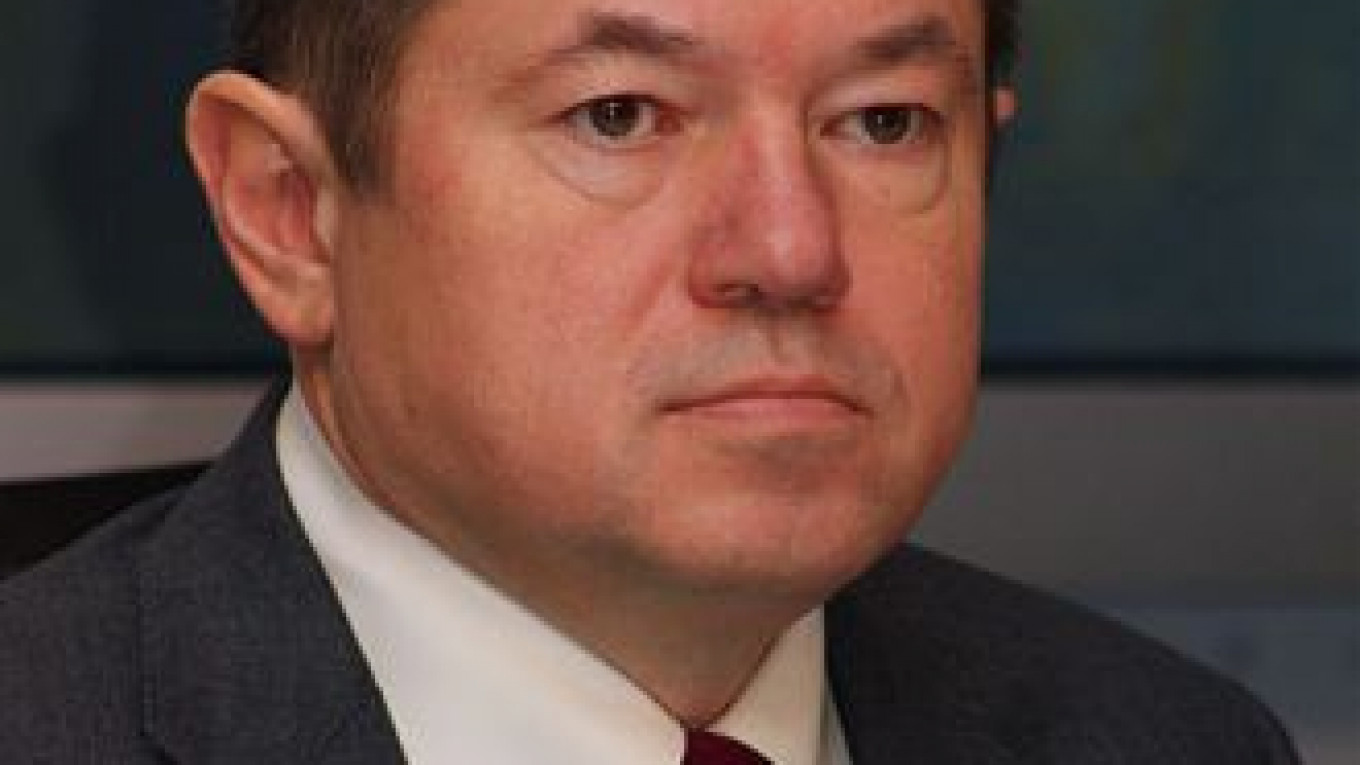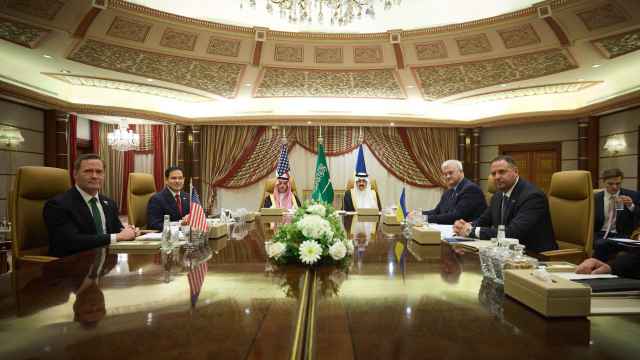A possible association agreement between Ukraine and the European Union would violate a 1997 treaty outlining the basis for Russian-Ukrainian trade relations and deny Ukraine access to a CIS free-trade zone, a Kremlin aide said.
The aide, Sergei Glazyev, told Kommersant Ukraine in an interview published Tuesday that Russia would consider the signing of the association agreement between Ukraine and the EU to be a declaration by Kiev that it was unilaterally pulling out of the 1997 Friendship Treaty, which commits Russia and Ukraine to trade and investment cooperation.
But he also signaled that his harsh rhetoric might not be the final word on the matter. Pressed by the Kommersant reporter on whether Moscow would indeed stop fulfilling its obligations under the Friendship Treaty, Glazyev replied that since the EU pact had not yet been signed, the Kremlin “had yet to think about it.”
Glazyev is a major critic of the association agreement, arguing that if Ukraine signed it as expected at a November EU summit in Vilnius, customs checks would need to be stepped up to stop EU goods from entering Russia via Ukraine.
Ukrainian goods entering Russia have been subject to rigorous customs checks, creating long delays in crossing the border, since July 14. A number of Ukrainian manufacturers said the move de facto blocked their exports to Russia.
The restrictions have been condemned by Ukrainian lawmakers from across the political spectrum, with some describing the move as part of a "trade war."
EU Commissioner Stefan FЯle has said the association agreement would not stop Ukraine from having a “constructive relationship” with Russia and the Eurasian Customs Union.
A Message from The Moscow Times:
Dear readers,
We are facing unprecedented challenges. Russia's Prosecutor General's Office has designated The Moscow Times as an "undesirable" organization, criminalizing our work and putting our staff at risk of prosecution. This follows our earlier unjust labeling as a "foreign agent."
These actions are direct attempts to silence independent journalism in Russia. The authorities claim our work "discredits the decisions of the Russian leadership." We see things differently: we strive to provide accurate, unbiased reporting on Russia.
We, the journalists of The Moscow Times, refuse to be silenced. But to continue our work, we need your help.
Your support, no matter how small, makes a world of difference. If you can, please support us monthly starting from just $2. It's quick to set up, and every contribution makes a significant impact.
By supporting The Moscow Times, you're defending open, independent journalism in the face of repression. Thank you for standing with us.
Remind me later.






